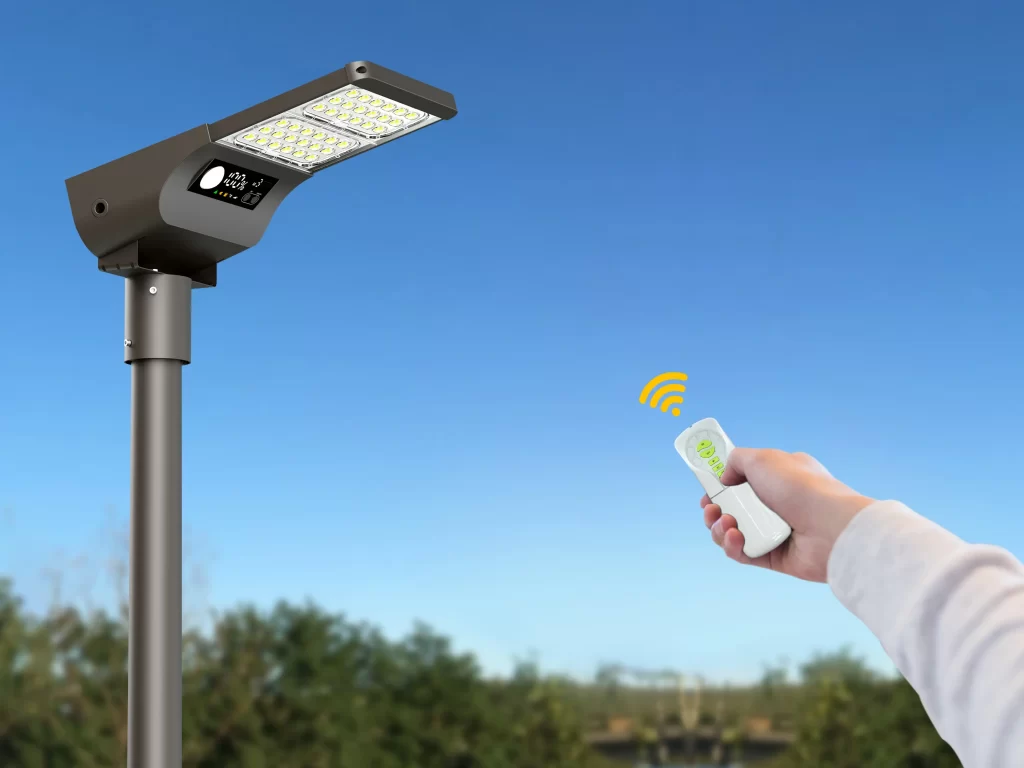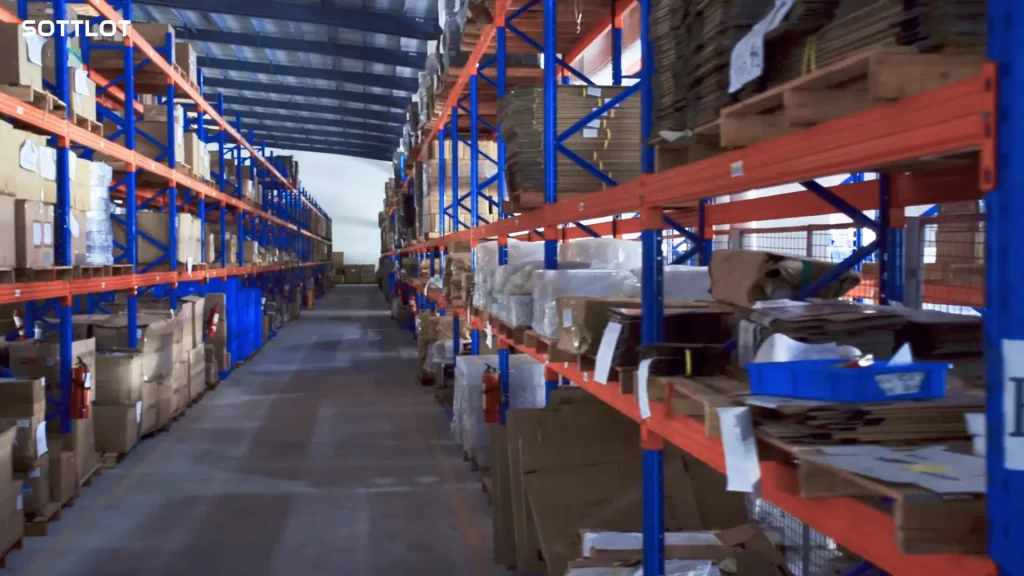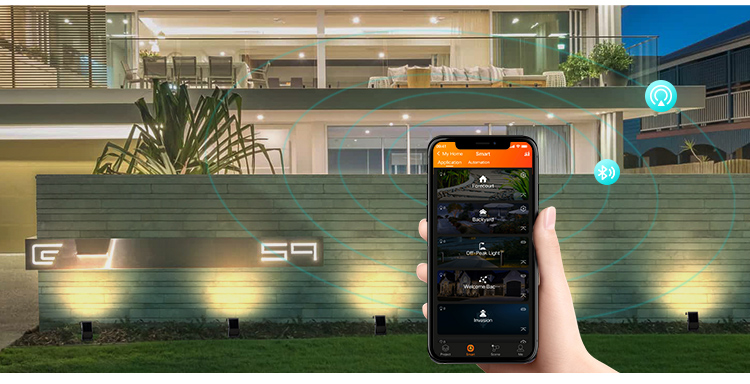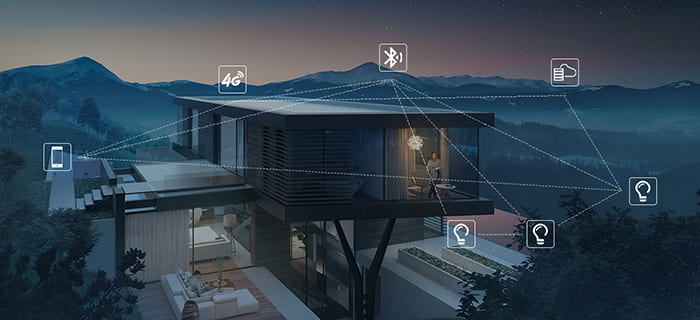Against the backdrop of rapid growth in the global B2B solar lighting market, international certification for solar lights has become a critical factor in ensuring product compliance and safety. Market research indicates the global solar lighting systems market will expand from approximately $8.16 billion in 2024 to $9.26 billion in 2025, achieving a compound annual growth rate (CAGR) of 13.5%. This growth is primarily driven by emerging markets’ demand for sustainable lighting, while also highlighting compliance’s central role in project success.
International certifications not only secure global market access but directly impact supply chain stability and end-user safety. However, customers often face confusion when selecting suppliers: How to identify genuinely compliant products? Counterfeit certifications or substandard products may lead to customs clearance failures, fines, or safety hazards, escalating commercial risks. As Sresky Group’s subsidiary specializing in smart lighting, Sottlot consistently prioritizes product compliance. Our high-reliability solar lights not only meet international standards like CE and RoHS but also integrate advanced Bluetooth Mesh security technology, ensuring performance aligns with global regulations and providing customers with reliable B2B procurement guidance and assurance.
I. Why International Certification is Critical for B2B Procurement
International certifications form the cornerstone of B2B solar light procurement, particularly in highly competitive overseas markets. They transcend mere labels, embodying product quality and corporate responsibility while helping clients mitigate risks and enhance competitiveness.
First, market access represents the core value of certification. Mandatory certifications like CE and RoHS serve as essential entry passes to major markets such as the EU. Products lacking these certifications risk customs clearance obstacles, substantial fines, or mandatory recalls. For instance, importing solar lighting into the EU without CE certification may result in product seizure, causing supply chain disruptions and financial losses. Under EU regulations, fines for non-compliant products can reach tens of thousands of euros. For B2B clients, selecting compliant suppliers ensures seamless global market access and avoids unnecessary legal disputes.
Second, quality and safety assurance form the substantive foundation of certification. These certifications involve rigorous testing protocols to ensure electrical safety, chemical compliance, and long-term reliability. For instance, CE certification requires solar lighting fixtures to pass Electromagnetic Compatibility (EMC) and Low Voltage Directive (LVD) tests, verifying their electrical and mechanical structural safety. This directly reduces commercial risks for clients in projects, such as safety incidents caused by product failures or repair costs. In community lighting projects across Africa or Southeast Asia, compliant products withstand high temperatures and dusty environments, ensuring stable operation.
Ultimately, brand reputation and trust represent the long-term benefits of certification. Suppliers with international certifications offer more reliable product quality, helping B2B clients establish stable supply chains and elevate their own brand image. A real-world case shows a South American real estate developer that procured CE and RoHS-certified solar lights not only reduced operational costs but also enhanced its eco-friendly image, attracting more partners. Sottlot’s product line leverages this foundation to help clients prioritize reliable partners in their B2B procurement guidelines.
II. In-Depth Analysis of Core Certification Standards: CE and RoHS
Understanding core certification standards like CE and RoHS is crucial for B2B clients developing procurement strategies. These standards not only define product compliance boundaries but also reflect global consensus on safety and environmental protection.
The CE (Conformité Européenne) mark signifies compliance with a series of European directives covering safety, health, environmental protection, and consumer safeguards. It is a mandatory requirement for accessing the EU market. For solar lights, CE certification ensures compliance in electrical safety, electromagnetic compatibility (EMC), and energy efficiency. Specific requirements include: Low Voltage Directive (LVD) assessment for electrical component safety, and mechanical structure testing to ensure durability and dust/water resistance. For solar lighting applications, this ensures safe integration of lithium-ion batteries and LED light sources, preventing short-circuit or overheating risks. All Sottlot solar lights carry CE certification, helping customers meet stringent EU international certification requirements.
The RoHS (Restriction of Hazardous Substances) Directive focuses on restricting the use of hazardous substances in electrical and electronic products, such as lead, mercury, and cadmium, to protect the environment and human health. This directive applies to all electrical equipment, including solar-powered mini lights. For solar lighting fixtures, its significance lies in ensuring material selection (such as ABS and PC housings) is free from toxic components, promoting green supply chains. Sottlot strictly controls hazardous substance levels in production, ensuring all products comply with RoHS standards. This not only meets global eco-friendly procurement demands but also reduces customers’ environmental liability risks during disposal. In emerging markets like Southeast Asia’s landscape lighting projects, RoHS-compliant products minimize soil contamination and support sustainable development.
III. Sottlot’s Technical Highlights: Bluetooth Mesh Security and Low-Radiation Advantages
With the rise of smart lighting trends, “smart solar garden lights” and “adaptive lighting systems” are gaining global traction. Sottlot’s SRE-MESH system, based on Bluetooth Mesh technology, delivers secure and reliable networking solutions to meet B2B clients’ demands for efficient illumination.
Traditional wireless technologies like Wi-Fi or ZigBee face challenges in outdoor lighting, including unstable signals, high power consumption, and radiation risks—particularly in remote areas or harsh weather conditions. These issues may cause network disruptions, impacting the reliability of outdoor solar lamps.
Bluetooth Mesh offers unique advantages through its low radiation and security features. Sottlot’s low-power Bluetooth networking technology emits radiation levels far below traditional methods, complying with international safety standards and offering greater human and environmental friendliness. This feature ensures Bluetooth Mesh security in sensitive applications like residential landscaping or community lighting, avoiding potential health risks. Simultaneously, the Mesh network achieves stability and reliability through multipoint transmission, supporting self-healing capabilities. Even if a single node fails, the entire system continues to function normally, enhancing long-term product reliability and reducing maintenance costs.
Furthermore, Bluetooth Mesh offers significant efficiency and energy-saving advantages. By precisely controlling lighting modes—such as adaptive brightness adjustment—the system can reduce energy consumption by over 30%. Sottlot’s FLAG series solar lights integrate this technology, enabling remote management and energy savings in hotel landscape lighting while perfectly addressing customer pain points.
IV. How to Identify Authentic Certifications? Procurement Advice for B2B Clients
In a market flooded with international certifications for solar lights, verifying authenticity is critical. The following B2B procurement guidelines help clients mitigate risks and select reliable suppliers:
First, verifying certification documents is fundamental. Clients should request suppliers to provide complete CE and RoHS certificates issued by authoritative third-party institutions, then verify authenticity online using certificate numbers. For instance, the EU official website can validate CE mark validity to avoid counterfeit labels. Additionally, scrutinize test report details—such as EMC and hazardous substance detection data—to ensure comprehensive compliance.
Second, evaluating factory capabilities is key to in-depth assessment. Clients should examine suppliers’ R&D capacity and quality management systems (e.g., ISO9001 certification) alongside standardized production processes. This ensures sustained compliance capability beyond one-time certifications. Sottlot’s 30,000-square-meter facility and robust R&D team exemplify such strength.
Sottlot’s commitment to transparency further builds trust. We gladly share all compliance documents and test reports with clients, delivering a transparent and reliable partnership experience. Through on-site audits or virtual demonstrations, clients can verify our Bluetooth Mesh security technology and certification details, ensuring worry-free procurement.
Conclusion and Call to Action
International certifications form the cornerstone of successful B2B procurement. Sottlot not only delivers high-performance solar lights but also safeguards clients through stringent CE and RoHS standards alongside technological innovations like secure Bluetooth Mesh. These elements collectively ensure product compliance, safety, and efficiency, empowering clients to stand out in global markets.



